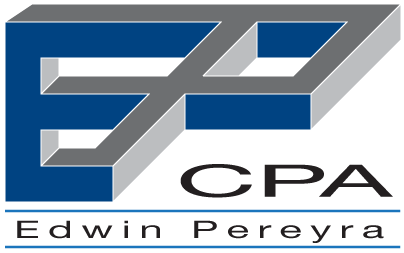Choosing Return Preparers Carefully
It is important to choose carefully when hiring an individual or firm to prepare your return. Well-intentioned taxpayers can be misled by preparers who don’t understand taxes or who mislead people into taking credits or deductions they aren’t entitled to in order to increase their fee. Every year, these types of tax preparers face everything from penalties to even jail time for defrauding their clients.
Here are a few tips when choosing a tax preparer:
- Check to be sure the preparer has an IRS Preparer Tax Identification Number (PTIN). Anyone with a valid 2015 PTIN is authorized to prepare federal tax returns. Tax return preparers, however, have differing levels of skills, education and expertise. An important difference in the types of practitioners is “representation rights”. You can learn more about the several different types of return preparers on IRS.gov/chooseataxpro.
- Ask the tax preparer if they have a professional credential (enrolled agent, certified public accountant, or attorney), belong to a professional organization or attend continuing education classes. A number of tax law changes, including the Affordable Care Act provisions, can be complex. A competent tax professional needs to be up-to-date in these matters. Tax return preparers aren’t required to have a professional credential, but make sure you understand the qualifications of the preparer you select.
- Check on the service fees upfront. Avoid preparers who base their fee on a percentage of your refund or those who say they can get larger refunds than others can.
- Always make sure any refund due is sent to you or deposited into your bank account. Taxpayers should not deposit their refund into a preparer’s bank account.
- Make sure your preparer offers IRS e-file and ask that your return be submitted to the IRS electronically. Any tax professional who gets paid to prepare and file more than 10 returns generally must file the returns electronically. It’s the safest and most accurate way to file a return, whether you do it alone or pay someone to prepare and file for you.
- Make sure the preparer will be available. Make sure you’ll be able to contact the tax preparer after you file your return – even after the April 15 due date. This may be helpful in the event questions come up about your tax return.
- Provide records and receipts. Good preparers will ask to see your records and receipts. They’ll ask you questions to determine your total income, deductions, tax credits and other items. Do not rely on a preparer who is willing to e-file your return using your last pay stub instead of your Form W-2. This is against IRS e-file rules.
- Never sign a blank return. Don’t use a tax preparer that asks you to sign an incomplete or blank tax form.
- Review your return before signing. Before you sign your tax return, review it and ask questions if something is not clear. Make sure you’re comfortable with the accuracy of the return before you sign it.
- Ensure the preparer signs and includes their PTIN. Paid preparers must sign returns and include their PTIN as required by law. The preparer must also give you a copy of the return.
Source: Internal Revenue Service, IR-2015-08, Jan. 27, 2015; Image courtesy of AICPA

